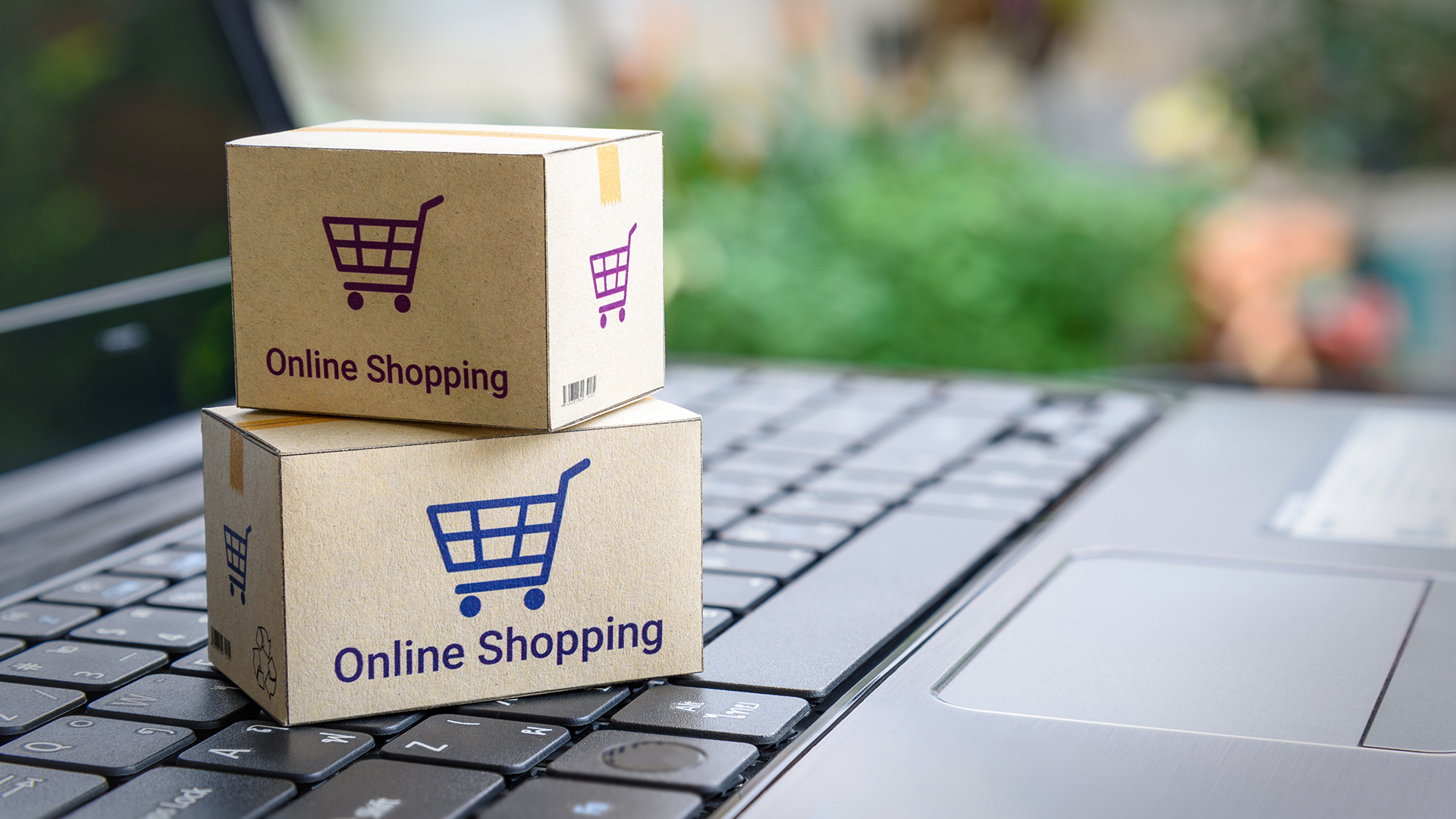Automation of Delivery: How to Optimize Logistics Management
- 9 July 2024
- 8 min to read
- 821 views

Imagine a world where delivery processes are seamlessly automated, creating an efficient and reliable logistics network that operates with precision and speed. In this world, every order is processed instantly, accurately, and shipped without delay.
Automated systems handle everything from inventory management to route optimization, ensuring that goods reach their destinations swiftly and without error. Businesses enjoy reduced costs and enhanced scalability, while customers benefit from faster deliveries and real-time tracking. This streamlined approach not only boosts productivity but also fosters a more sustainable and responsive supply chain.
Let's turn our fantasies into reality. And dreams into goals.
Introduction to Automation in Logistics
In the rapidly evolving world of global trade, automation in logistics has emerged as a game-changer. By integrating advanced technologies, businesses can streamline their operations, reduce errors, and enhance efficiency. Automation transforms traditional logistics processes, enabling companies to meet increasing customer demands while maintaining cost-effectiveness. As the complexity of supply chains grows, adopting automated solutions becomes essential for staying competitive and ensuring seamless, reliable service across the board.
We will explore the benefits and implementation strategies of automation in logistics, demonstrating how it can revolutionize your business operations.
Strategies for Automation in Logistics
Implementing automation in logistics requires a strategic approach to maximize its benefits and ensure seamless integration into existing operations. One of the key strategies is to start with warehouse automation, where technologies such as Automated Guided Vehicles (AGVs), robotic pickers, and conveyor systems can significantly enhance efficiency in inventory management, picking, packing, and sorting processes.
Investing in a robust Warehouse Management System (WMS) that integrates these technologies can streamline operations, reduce labor costs, and minimize errors. Connect us via LinkedIn, where we can tell you more about us and our services.
Another critical strategy is to automate order processing. You can easily do it through MWL (Meest World Logistics), which is a game-changer for businesses seeking efficiency and accuracy. MWL's advanced order processing system seamlessly integrates with your existing platforms, automating key tasks such as order entry, verification, and invoicing. The system handles large volumes of orders effortlessly, providing real-time updates and tracking, which enhances transparency and customer satisfaction.
MWL's automated order processing optimizes inventory management, ensuring that stock levels are accurately monitored and replenished as needed. This comprehensive approach not only streamlines operations but also enables businesses to scale effectively, meet customer demands promptly, and focus on strategic growth. Our platform can cover all delivery processes. Read more about this here.
We identify 4 key areas for automation. Let's take a look at them.
Key Areas for Automation in Logistics
- Warehouse Management Automating warehouse operations, such as inventory management, picking, packing, and sorting, can drastically improve efficiency.
- Order Processing Implementing. This includes automated data entry, order verification, and invoicing, which reduce manual workload and speed up the order fulfillment cycle.
- Delivery and Route Optimization Automated route planning and optimization software can help businesses determine the most efficient delivery routes. This not only reduces delivery times but also lowers fuel costs and minimizes the environmental impact.
- Tracking and Monitoring Real-time tracking and monitoring systems provide visibility into the delivery process, allowing businesses to keep customers informed and address any issues promptly. Automated notifications and alerts ensure that both businesses and customers are aware of the delivery status at all times.
Improve Delivery with Automation
Automation of delivery is a powerful tool for optimizing logistics management. By streamlining processes, improving accuracy, reducing costs, and providing real-time insights, automation helps businesses meet the demands of today's fast-paced market. As technology continues to evolve, embracing automation will be key to staying competitive and ensuring long-term success in the logistics industry.
If you're ready to take your logistics operations to the next level, consider implementing automation solutions tailored to your specific needs. At Meest International, we are committed to helping businesses achieve efficiency and excellence in their logistics management. Contact us today to learn more about our automation services and how they can benefit your business.




